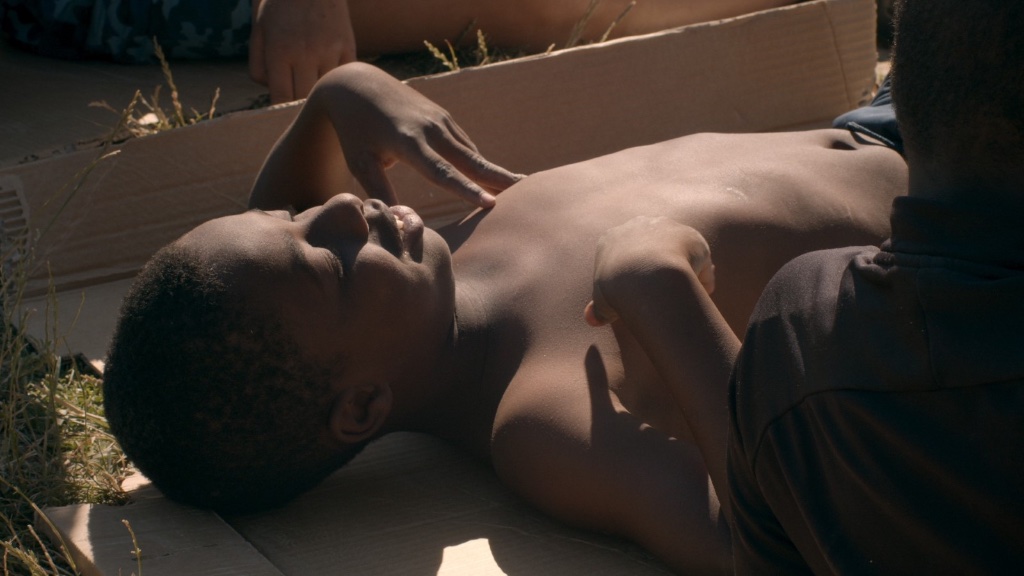
Good intentions do not a good movie make, as demonstrated by French director Alice Diop’s latest film, the documentary Nous (We).
Diop is strongly committed to showing onscreen the lives of the “little people,” perhaps better described as ordinary humans, those whose stories would not normally be heard or recorded. That may be an admirable goal, but perhaps there is a reason why we rarely see these people onscreen: often, they just aren’t that interesting.
Nous roams the wide territory covered by the RER line B, which runs from Charles de Gaulle airport north of Paris, through some rough suburbs and the French capital, ending at the lovely, verdant town of Saint-Rémy-lès-Chevreuse in the south.
The documentary begins in the woods around Saint-Rémy and ends there with a stag hunt, complete with packs of baying hounds and uniformed mounted hunters with horns slung over their shoulders.
In between, we meet some of the inhabitants of the suburbs, beginning with a man from Mali who apparently sleeps in his truck at night and repairs automobiles in the daytime. We watch him for quite some time, only learning a little bit about him when he has a phone conversation with his mother back home.
This part of the film is shot fly-in-the-wall style, with no narration or commentary. Then, suddenly, Diop, a child of the suburbs herself, begins to talk about her late mother and shows us some home movies taken years ago by her sister in the family home. She hopes to learn something about her mother, but only finds brief glimpses of her. The audience isn’t even really sure which one of the women we see is her mother. Later, we meet her father, whom she encourages to speak about his memories of arriving in France in 1966 from Senegal. He is decidedly unforthcoming.

Diop seems to be having trouble deciding whether this film is about herself and her family or about strangers who live along the train line. After more mute footage of people and places (we never learn where they are), we follow Diop’s sister, a home carer, as she visits elderly people to check up on them and give them their medication. Good-natured and full of charm and compassion, she is a bright spot in the movie.
In the end, we learn very little about the “little people.” Some of them have interesting stories, like the older woman from Brittany who tells how she met her husband: he was a stranger who happened to be walking past when she was about to jump off a bridge to end her life; he grabbed her shoulders and pulled her off the railing.
Although it is occasionally entertaining, Nous is very often boring, lingering far too long on subjects that have long since lost our interest. The train line is not enough to weld these disparate fragments into a coherent story, and, although we know Diop means well and obviously cares about and delights in these people, we are not really moved, as we are, for example, in the films of French leftist politician and filmmaker François Ruffin, who also focuses on the “little people” but builds a story around them, letting us get to know them and really feel for them.
Favorite